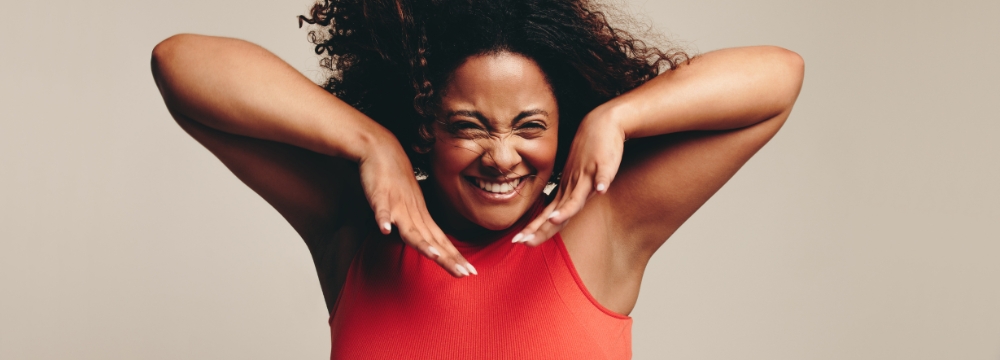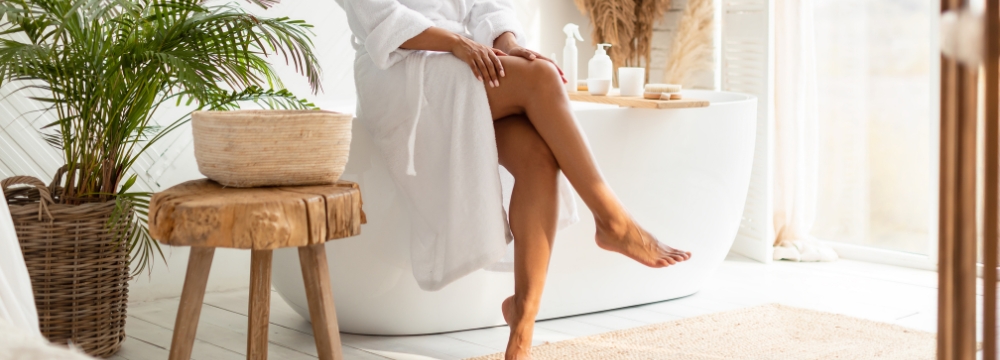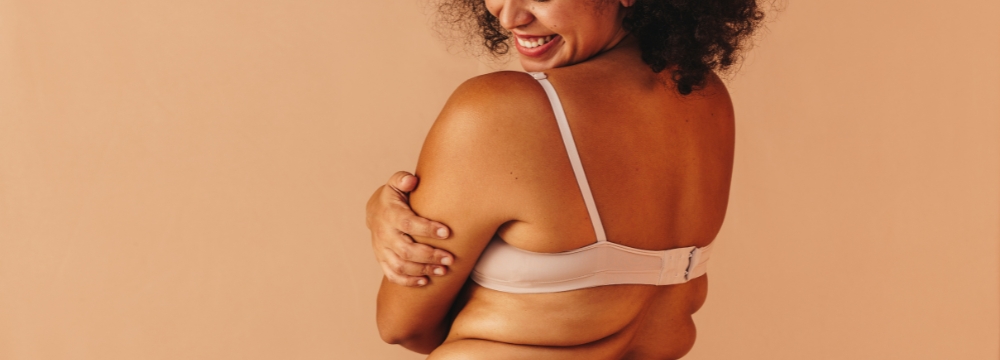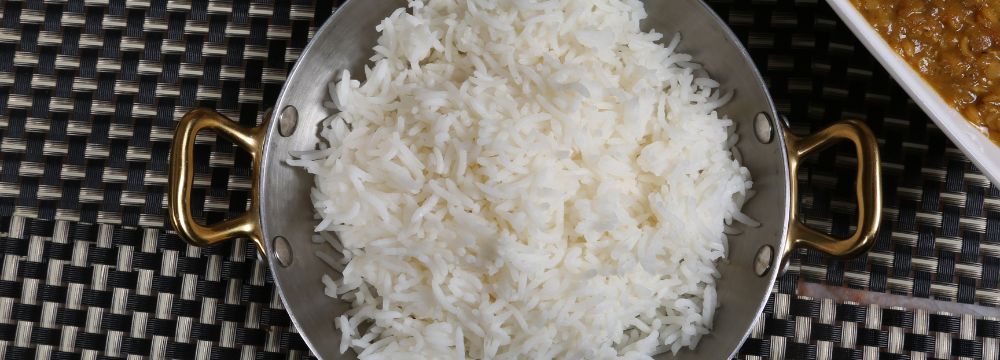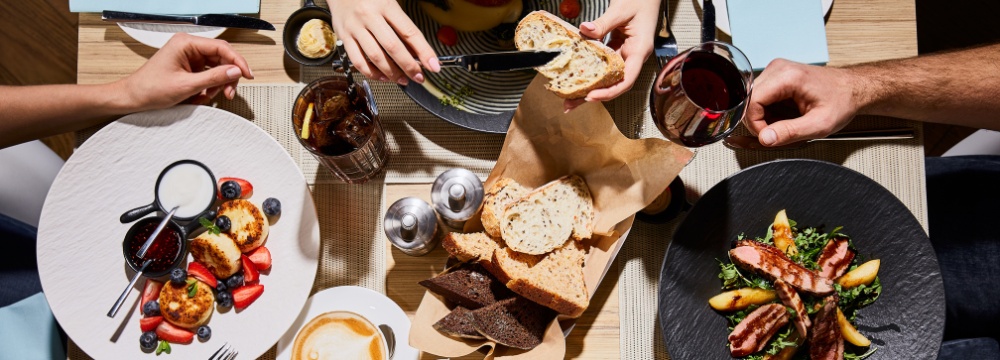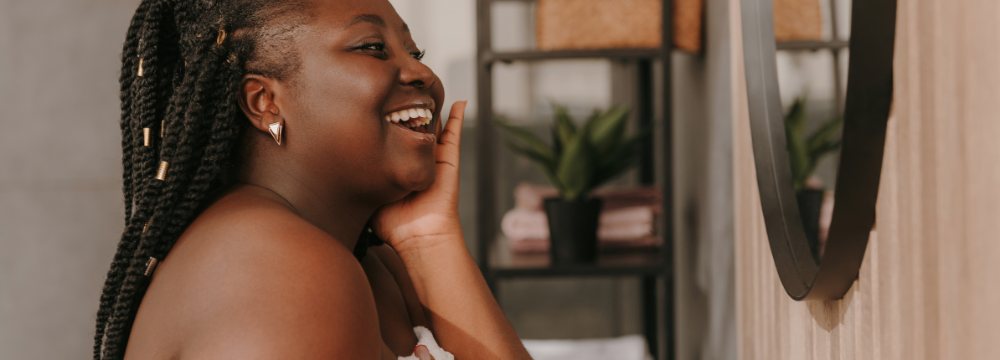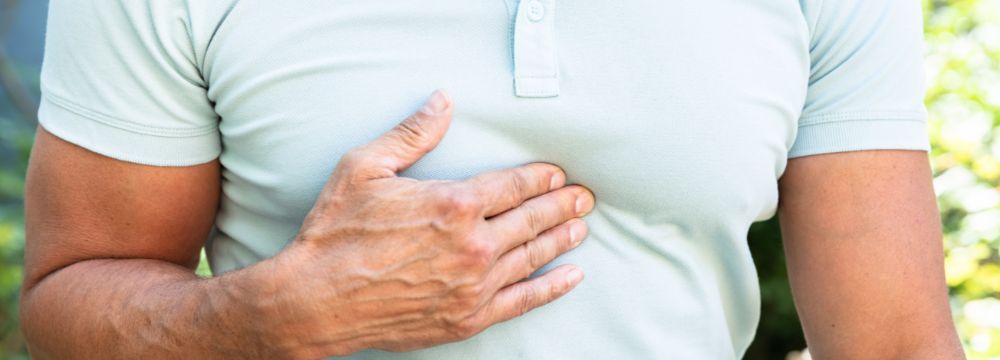After Bariatric Surgery
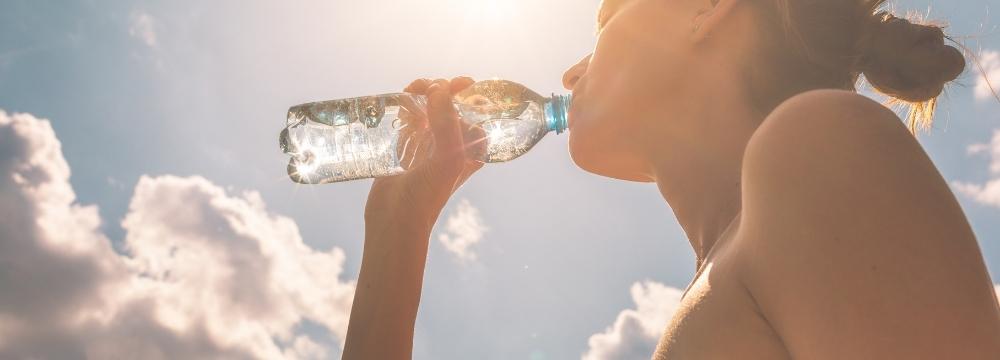
It’s worth repeating. Hydration is one of the single most important parts of the post-bariatric process. Not only is this true for the weight loss benefits of proper hydration, but also because dehydration is the most common reason for readmission into the hospital after a bariatric procedure. We know that hydration is essential, and we don’t need to go over the physical and psychological benefits of getting enough water after surgery. However, it is certainly worth discussing how much water is enough.
You have probably read plenty of articles about the 64-ounce rule. 8 cups of water daily to ensure you’re hydrated. But this number doesn’t consider so many other factors that affect hydration. As such, 64 ounces is simply a guide and only used to ensure you get at least the minimum amount of water each day.
Water in Versus Water Out
Several factors will affect your hydration and how much water you need each day. We live in West Florida. It’s a tropical climate that routinely gets over 90°, especially in the summer. And we have hot days all year round. It may be tempting to drink less water in the winter, but you still need to be aware of how much you are sweating and how much water you are likely expending. Traveling on an airplane can dehydrate you; playing sports, of course, uses plenty of water. Any number of activities, even those that don’t seem strenuous, can increase your water requirement.
How Can You Get Enough Water When Your Stomach Is So Small? And Can You Drink Too Much?
Especially immediately after surgery, drinking too much water can lead to spontaneous nausea and vomiting. Why? Because your stomach is tiny in comparison to what it was before. You may only be able to drink 1 ounce of water at a time and of course, remember that you should not be drinking water within an hour before or after a meal. Doing so can fill you up, not allow you to get enough nutrition, or cause discomfort by stretching a pouch already full of food.
The goal with water intake is slow and steady. Many patients enjoy carrying a 64-ounce bottle of water with markings or even a guide to tell them how much to drink at certain times. These bottles are handy to ensure you aren’t drinking too much or too little. Just remember that drinking more than a few ounces at a time doesn’t help your hydration status, as your body simply eliminates the excess water. Don’t chug!
What About Non-water Hydration?
This is an excellent question because anything that contains water also helps your hydration status. Foods like cucumbers and lettuce are primarily composed of water and very low in calories. These will help keep you hydrated but will not count toward your daily intake. You simply can’t eat enough of it to replace the water you drink. Of course, water is not the only liquid that you can consume. Low-calorie energy drinks and low-sugar juices like coconut water can also be helpful in your quest for hydration. Just be sure that they do not contain excess calories and that you don’t rely on them instead of your water.
Caffeinated beverages like tea and coffee can be enjoyed a few months after bariatric surgery, but these drinks do not improve your hydration. Caffeine is a diuretic that promotes the outflow of water from your body. So, don’t count on caffeinated drinks for help. Even decaffeinated beverages contain some, albeit far less, caffeine. Herbal teas are great, however!
The bottom line is that your body and mind will feel better when you drink water. Reducing sodium and caffeine, alcohol and processed foods, sugar, and saturated fats will help. You will be more in tune with your body, so you can get the proper hydration and ultimately feel better and lose weight. Sixty-four ounces of water is a minimum for bariatric surgery, and you must be aware of how much water you are expending through exercise and other activities. Take cues from your body. If you feel thirsty, you’re already dehydrated. If you’re not urinating multiple times per day or if your urine is mid-to-dark yellow or gold, you simply aren’t drinking enough.


